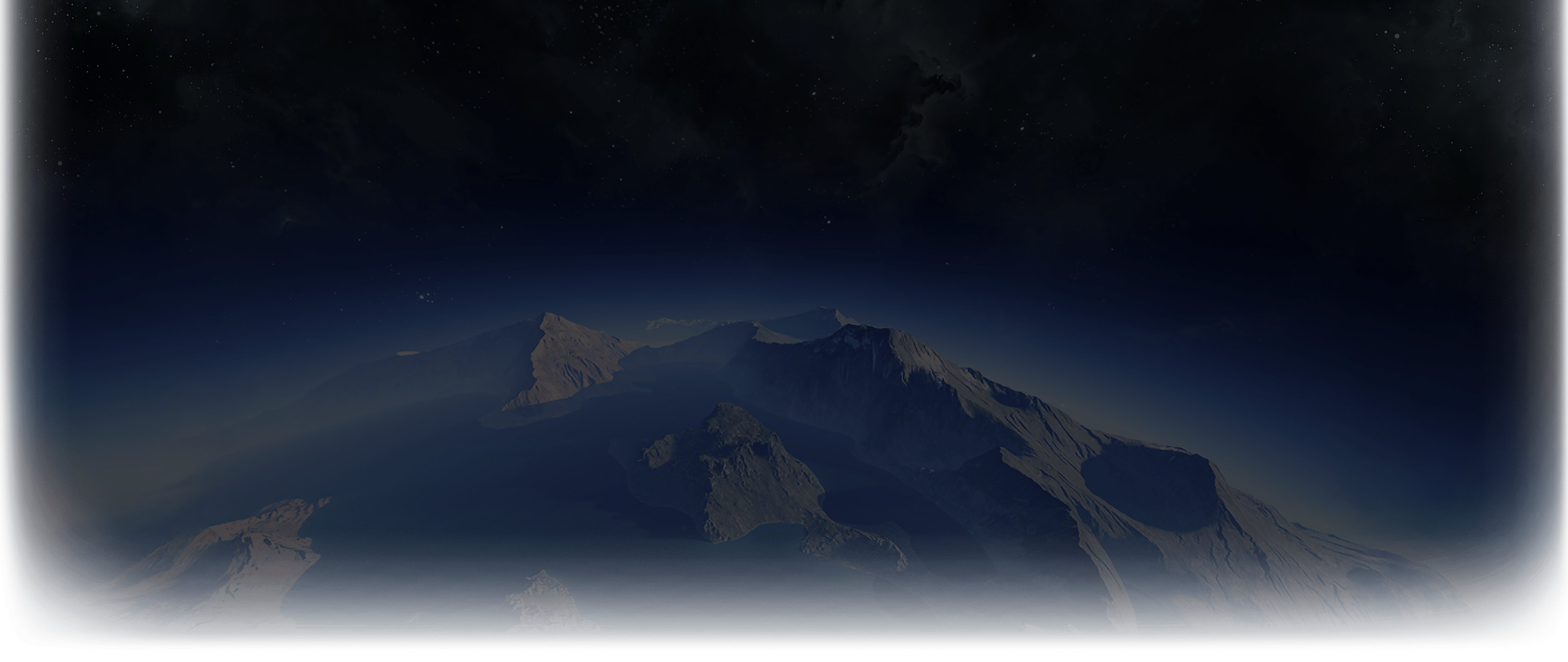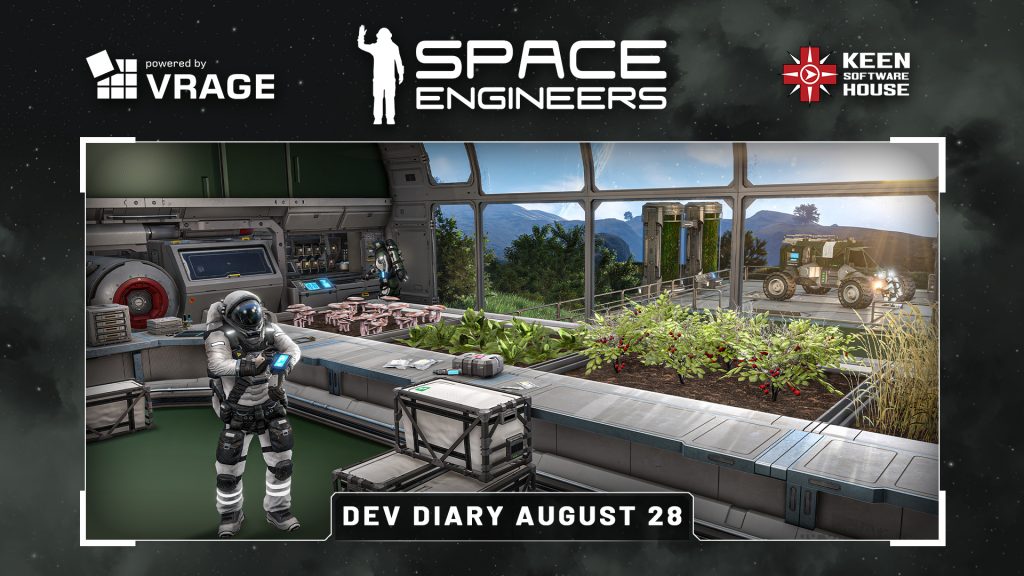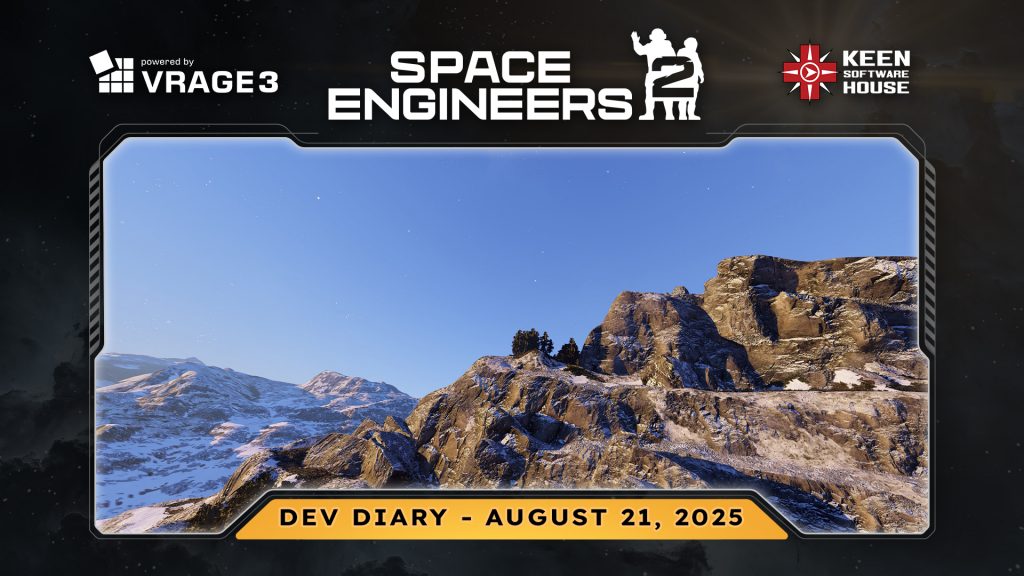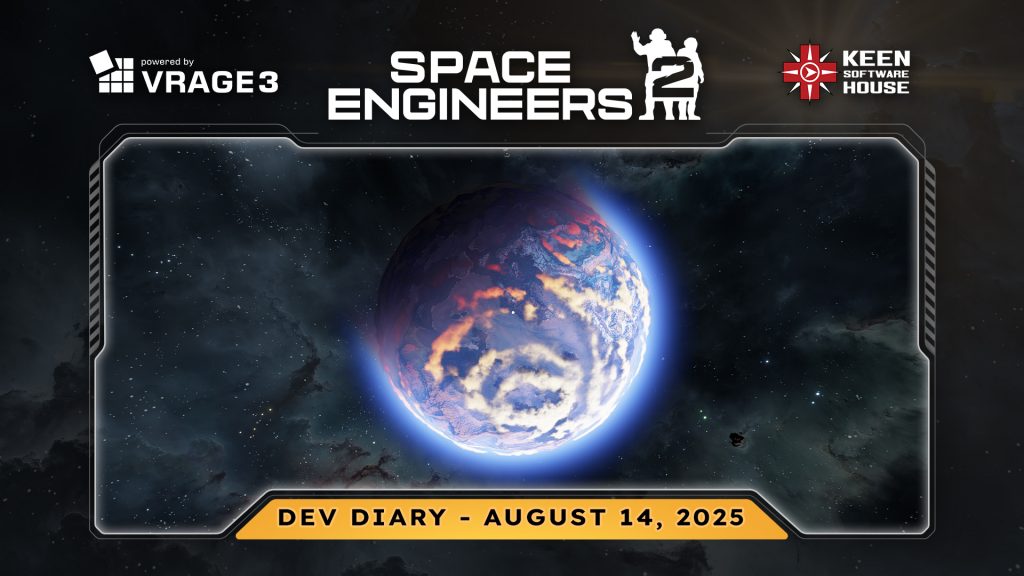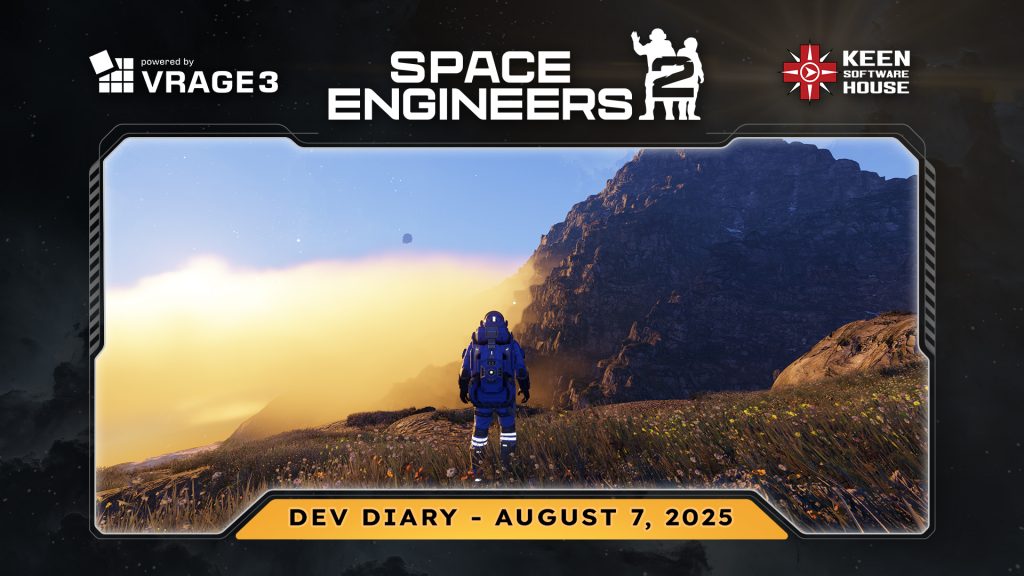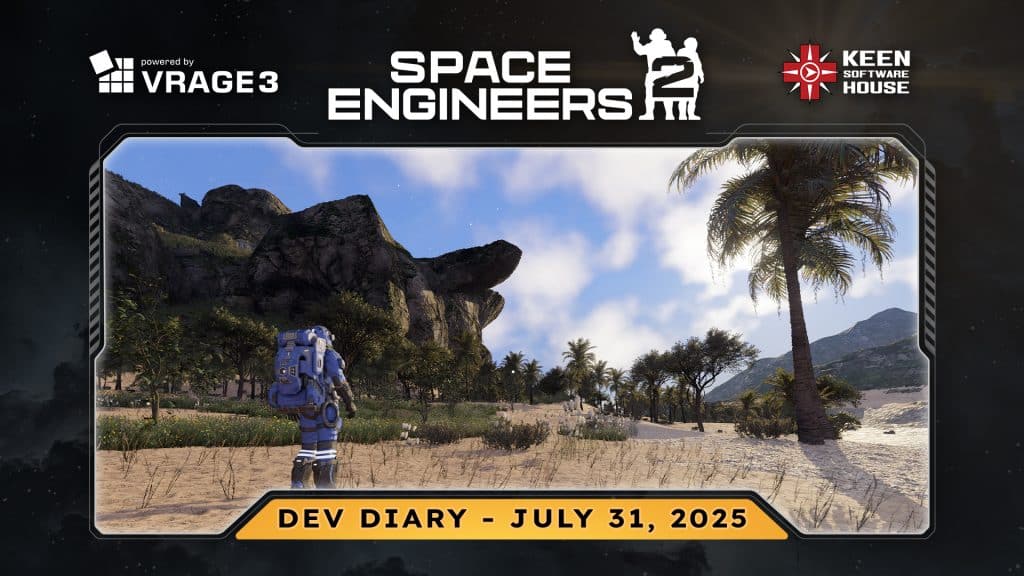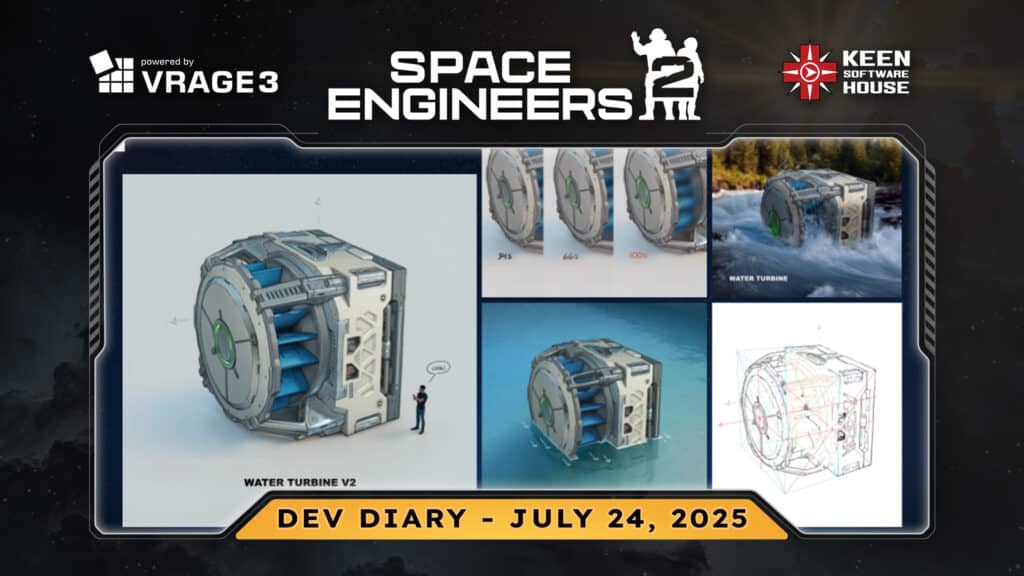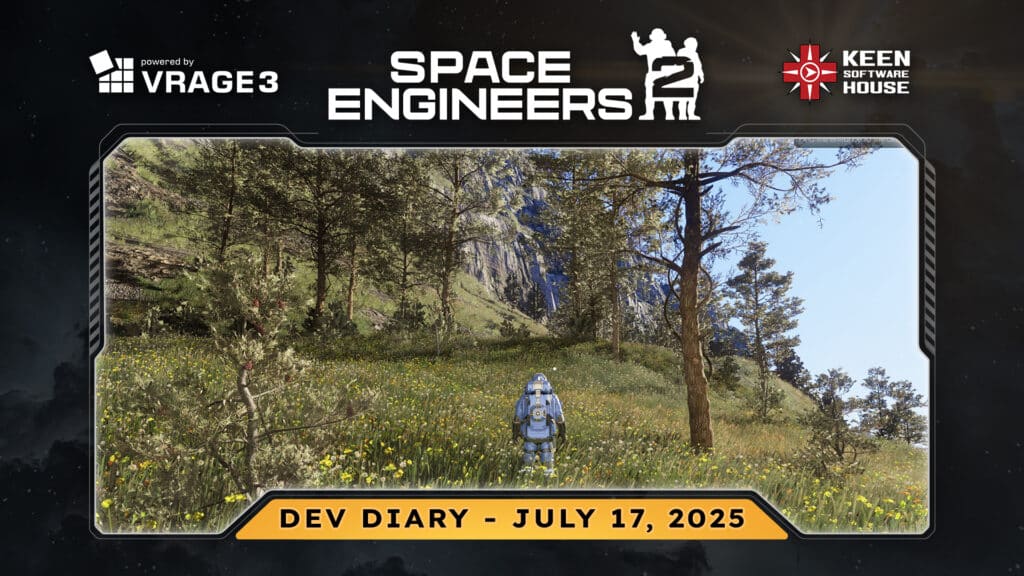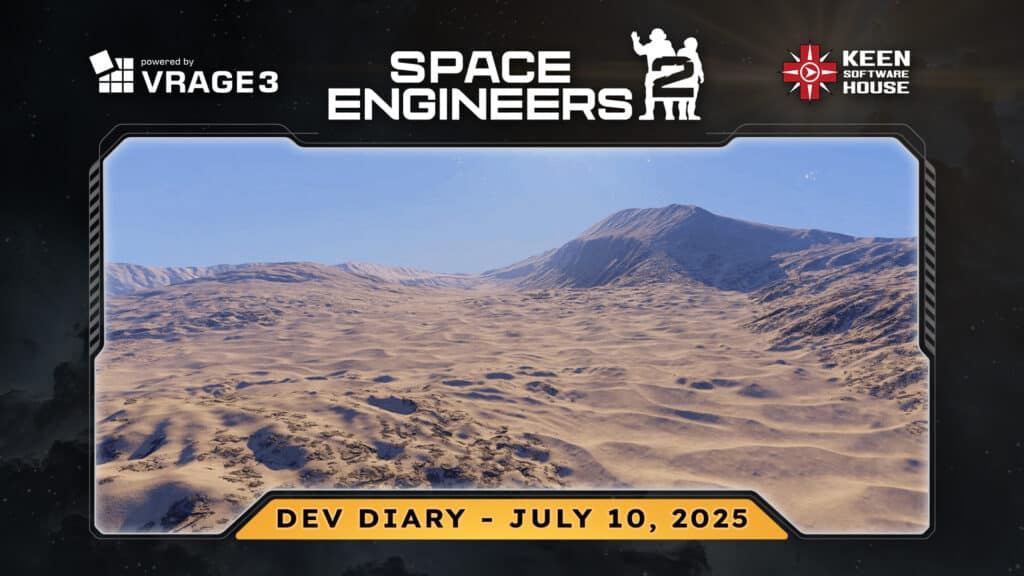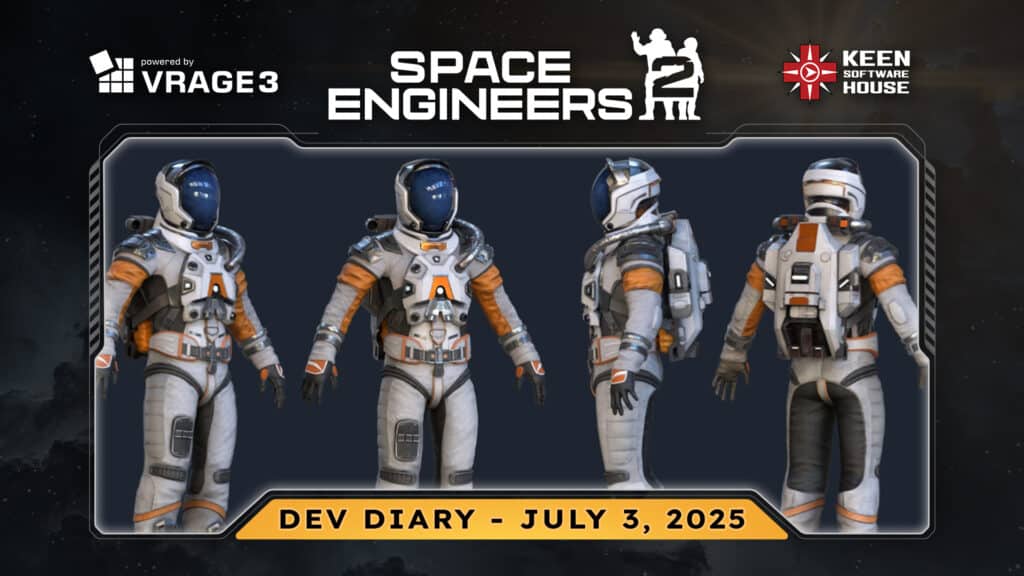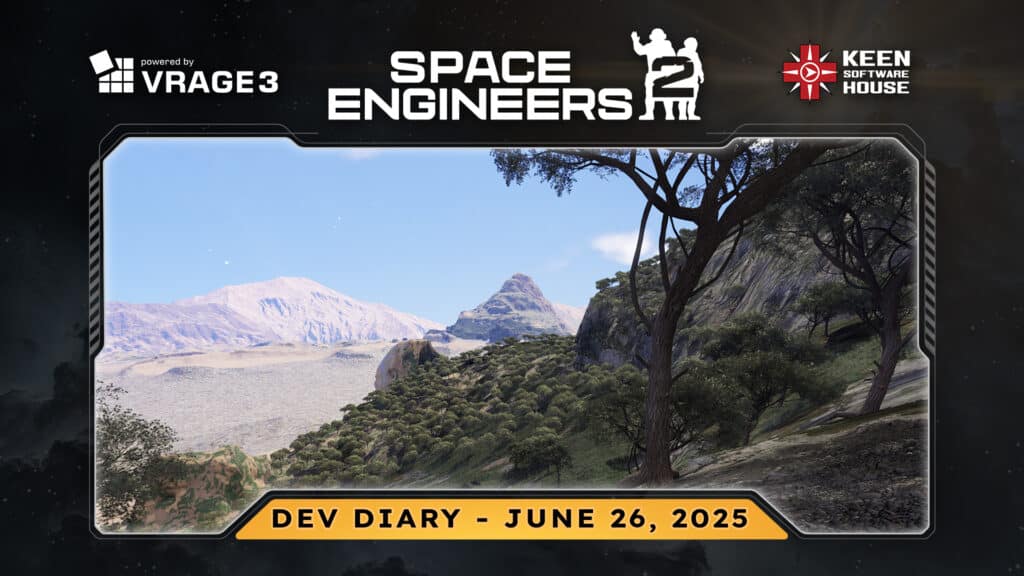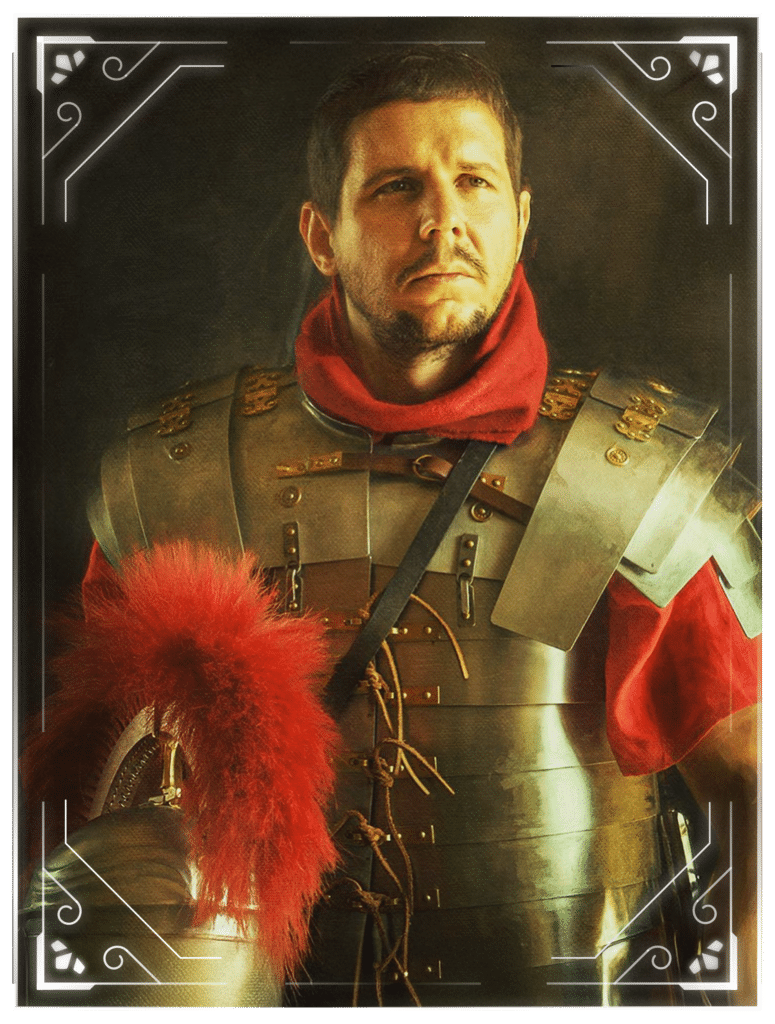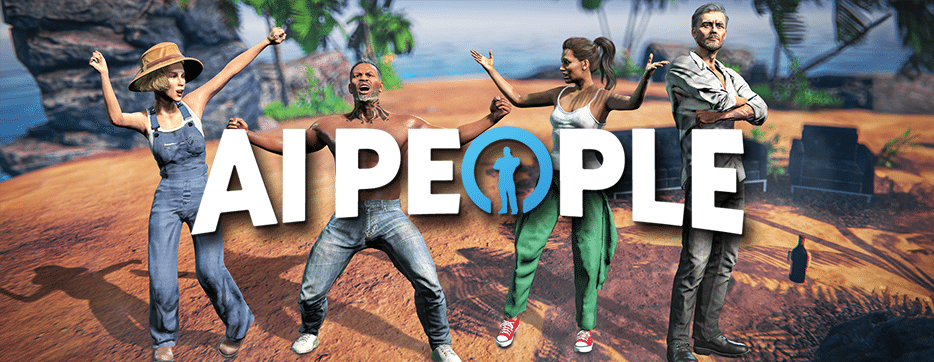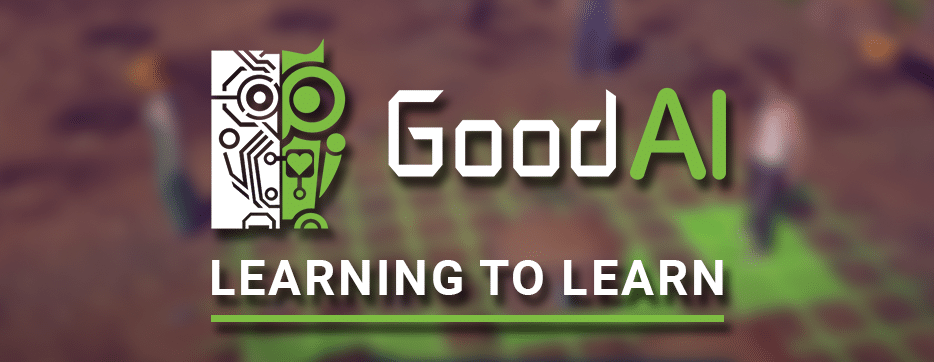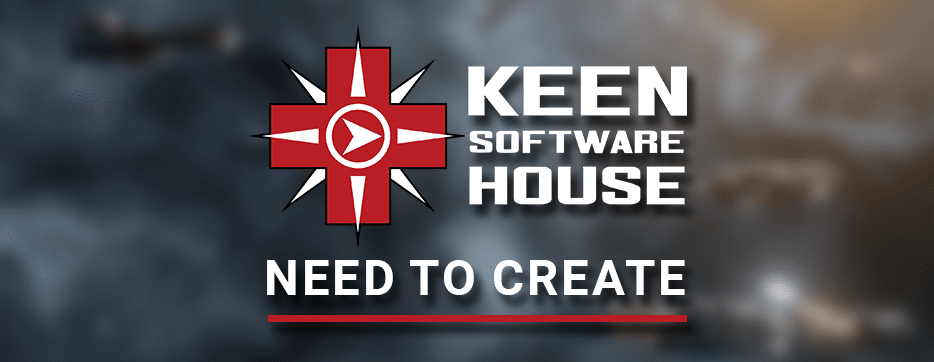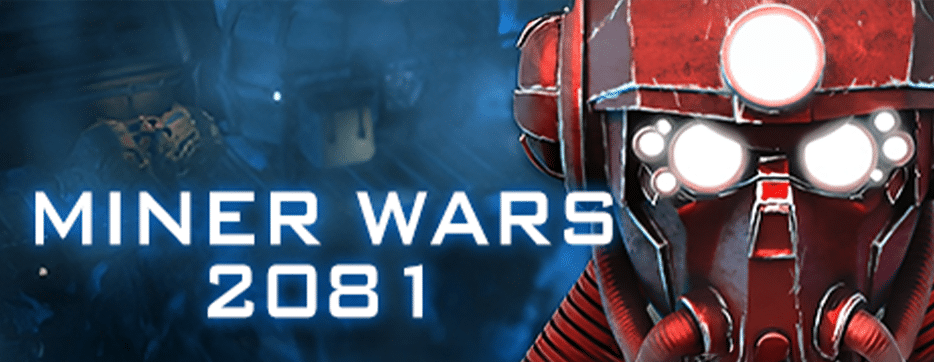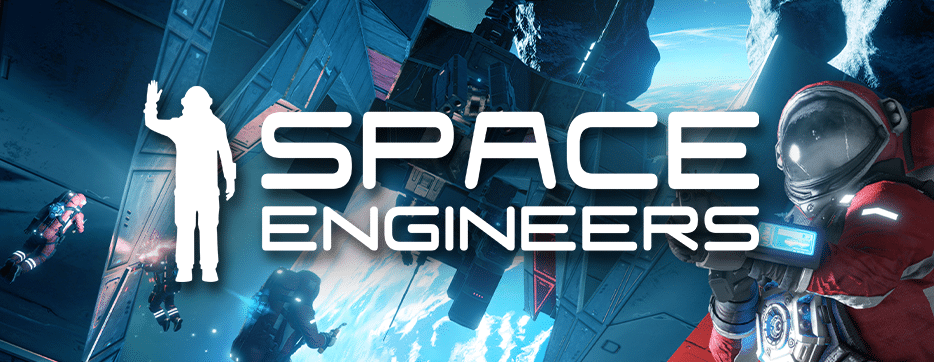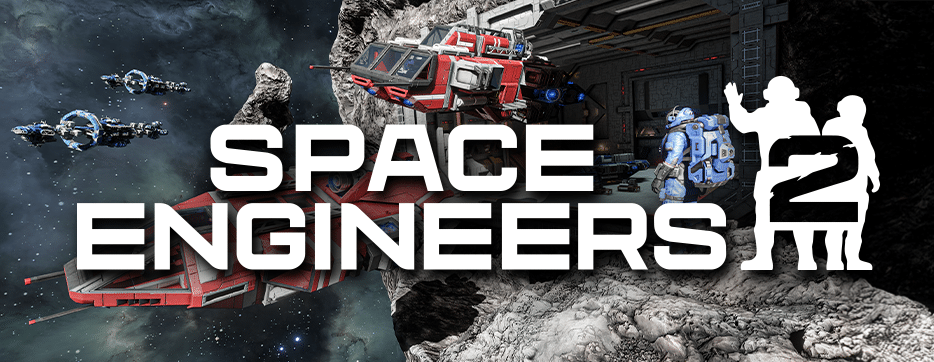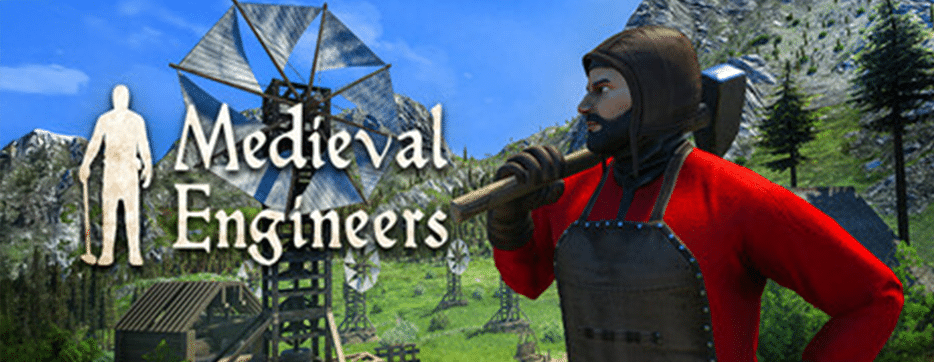I have always been driven by the need to create — games, AI agents, ideas. That’s why I started Keen Software House: to create games that only existed in my head. After Space Engineers took off, I founded GoodAI to develop AGI, to help humanity and understand the universe.
These days I’m focused on Space Engineers 2, the VRAGE3 engine, AI People, and autonomous agents in general — powering NPCs in our games, or swarms of autonomous and intelligent drones.
It’s all part of my long-term plan: to make civilization stronger, greater, and more resilient.
Our home base is a 17th-century Oranžérie in Prague — but we’re a remote-first, global team of 100+ programmers, artists, designers, and engineers.
I am proudly European , and in the last few years, I’ve come to love South Africa and its people.
